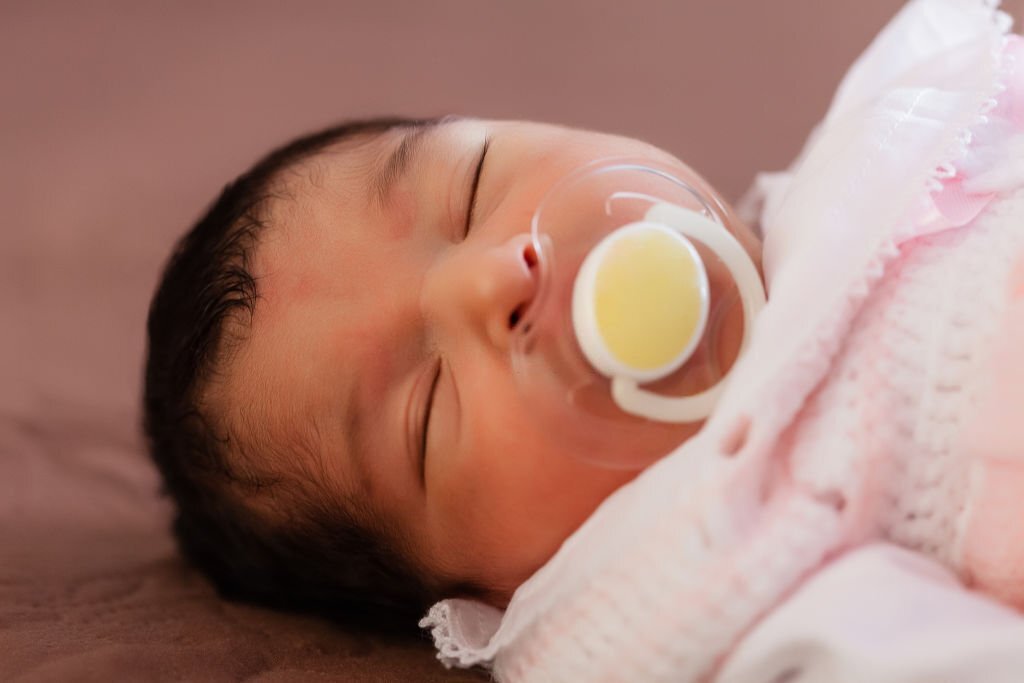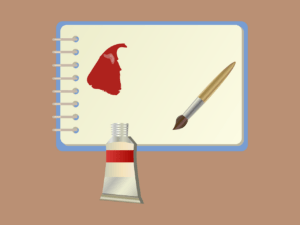Busting Common Myths About Dummies for Newborn
There are so many things to worry about when it comes to newborn baby care. From feeding and diapering to sleep and everything in between, it can be overwhelming for new parents to navigate through all the information and advice out there. One common topic of debate is the use of dummies, or pacifiers, for newborns. Many parents swear by them, while others are hesitant due to the various myths surrounding their use.
In this article, we’ll debunk some of the most common myths about dummies for newborns, arming you with the facts so you can make the best decision for your baby.
1. Using a Dummy Will Cause Breastfeeding Problems
One of the most common myths about dummies for newborns is that using a dummy can interfere with breastfeeding. However, this is not necessarily true. Research has shown that when introduced appropriately, dummies do not have a negative impact on breastfeeding success.
If you’re breastfeeding, it’s generally recommended to wait until breastfeeding is well established before introducing a dummy, typically around 3-4 weeks of age. This allows your baby to develop a strong latch and ensures that your milk supply is well established. Once you feel confident in your breastfeeding routine, you can introduce a dummy for soothing purposes without worry.
2. Dummies Are a Choking Hazard
Safety concerns are a top priority for parents, and the idea that a dummy could be a choking hazard may be enough to deter some from using them. While it’s true that a poorly designed or damaged dummy could pose a risk, most modern dummies are made with safety in mind.
Look for a one-piece design with a shield that’s at least 1.5 inches across to prevent the dummy from fitting entirely into your baby’s mouth. Additionally, check the dummy regularly for signs of wear and replace it if it becomes damaged or worn. By choosing a well-designed dummy and keeping an eye on its condition, you can minimize any potential choking risks.
3. Using A Dummy Will Lead to Dental Issues
Some parents worry that using a dummy may cause dental problems for their child down the road. While it’s true that prolonged dummy use can lead to dental issues, this is typically only a concern for older children who continue to use a dummy beyond the age of two or three.
For newborns and infants, using a dummy is unlikely to cause any dental issues. In fact, some studies have even suggested that using a dummy may help reduce the risk of sudden infant death syndrome (SIDS) when used during sleep. As your child gets older, you can work on weaning them off the dummy to prevent any potential dental problems.

4. Dummies Cause Ear Infections
Another common myth is that babies who use dummies are more prone to ear infections. While some studies have found a correlation between dummy use and an increased risk of ear infections, it’s important to remember that correlation does not equal causation.
Many factors can contribute to ear infections in babies, and it’s likely that the relationship between dummy use and ear infections is more complex than simply “dummies cause ear infections.” If you’re concerned about your baby’s risk of ear infections, talk to your paediatrician about preventative measures and signs of infection to watch for.
5. Babies Who Use Dummies Will Become Dependent on Them
Some parents worry that introducing a dummy will create a dependency that will be difficult to break later. While it’s true that some babies may become attached to their dummy, this isn’t necessarily a bad thing. Dummies can be a valuable source of comfort for babies, helping to soothe them when they’re upset or fussy.
As your child gets older, you can gradually reduce their reliance on the dummy by offering alternative forms of comfort, such as a favorite stuffed animal or blanket. By approaching dummy use with moderation and gradually weaning your child off the dummy as they grow, you can avoid creating a dependency that’s difficult to break.
6. Dummies Are Unhygienic
Some parents may be concerned about the cleanliness of dummies, worrying that they may harbor germs that could make their baby sick. While it’s true that dummies can become contaminated, proper cleaning and care can minimize this risk.
To keep your baby’s dummy clean, be sure to wash it regularly with warm, soapy water and rinse it thoroughly. You can also sterilize dummies for newborn by boiling them or using a steam sterilizer. Avoid cleaning a dummy that’s been dropped on the floor by putting it in your own mouth, as this can transfer germs from your mouth to your baby. By keeping your baby’s dummy clean, you can minimize any potential health risks associated with its use.
Conclusion
When it comes to dummies for newborns, there are many myths and misconceptions that can leave parents feeling confused and unsure about whether to use them. By debunking these myths and arming yourself with accurate information, you can make an informed decision about whether a dummy is right for your baby.
Remember that every baby is different, and what works for one family may not work for another. The most important thing is to trust your instincts and make decisions that feel right for you and your baby. And, as always, never hesitate to consult your paediatrician if you have questions or concerns about your baby’s health or well-being.






